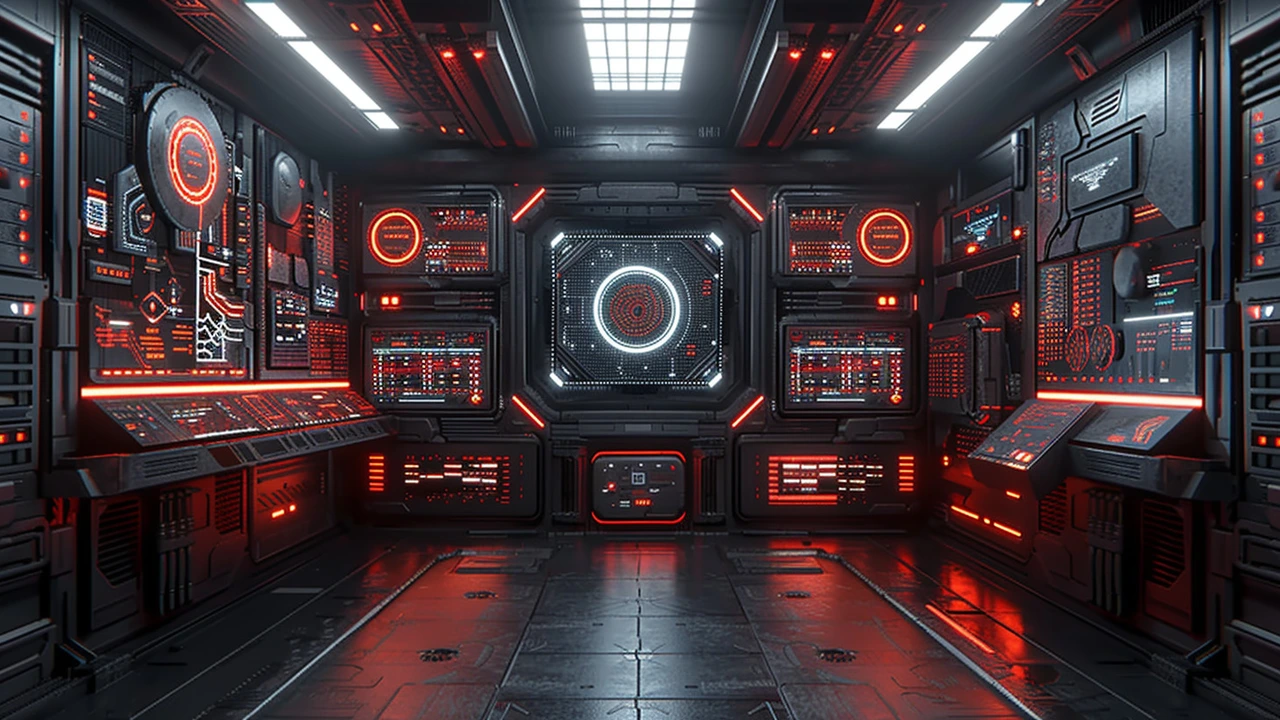Paradigm Shift: How AI and Coding Are Redefining Tech
Tech moves fast, but some changes feel like whole new worlds opening up. We call those moments "paradigm shifts" – big jumps that force us to think differently. On this page you’ll find a quick look at the most important shifts happening right now, from artificial general intelligence to faster programming tricks. Grab a coffee, skim the highlights, and walk away with practical ideas you can try today.
AI is Crossing the Threshold
Artificial intelligence used to be a buzzword. Now it’s a real game‑changer. Articles like “Artificial General Intelligence: What to Expect as AGI Arrives” explain that we’re moving toward machines that can learn and adapt across many tasks, not just narrow jobs. That means we’ll see AI in everything from hiring (see How Artificial Intelligence is Changing Human Resources in 2025) to everyday tools that automate boring chores (AI Tricks: The Future of Intelligent Automation Is Already Here).
What does that mean for you? First, start treating AI as a partner, not a threat. Simple projects, like the 90‑day AI roadmap for beginners, can give you hands‑on experience without drowning in theory. Second, watch for AI‑driven features in the software you already use – they’re often the first sign of a larger shift. Finally, stay curious. New AI libraries pop up weekly, and a quick experiment can keep you ahead of the curve.
Programming Speed and Skills Are Evolving
If you thought coding was already fast, think again. Pieces like “Programming Faster: Secrets to Boost Your Speed and Efficiency” reveal that developers are now cutting hours off projects by using smarter tools, automating repetitive tasks, and adopting better habits. One practical tip: learn to use code snippets and editor shortcuts – they shave minutes off every line you type.
Beyond speed, the kind of code you write is changing. Articles such as “Coding for AI: Why Learning It Now Sets You Ahead” show that knowing Python, data handling, and basic machine‑learning concepts is becoming a must‑have skill, even for non‑AI jobs. Pair that with the rise of “AI tricks” that let you automate testing, documentation, and even debugging, and you have a recipe for staying relevant.
So how do you adapt? Start by picking a single efficiency hack – maybe a new IDE plugin – and use it for a week. Measure how much time you saved and decide if it’s worth keeping. Then, allocate a small chunk of your schedule each week to learn a data‑science or AI‑focused library. You’ll be building a toolkit that matches the fast‑moving tech landscape.
These paradigm shifts aren’t just headlines; they’re reshaping the way we work, learn, and innovate. By sampling a few of the posts linked below, you’ll get concrete examples of how AI and programming are evolving right now. Dive in, try a tip, and you’ll feel the shift yourself.
Ready to ride the wave? Browse the articles, pick one that sparks interest, and start applying the advice today. The future of tech isn’t waiting – it’s already here, and it’s changing the rules.

Python for AI: A Paradigm Shift in Technology
Hey, there! It's always amazing to watch how technology evolves, isn't it? Today, we're diving deep into how Python is ushering in a paradigm shift in AI technology. We'll explore why it has become the go-to language for such advanced tech and how it's shaping the future. So, gear up and join me on this exciting journey into the world of Python and AI!